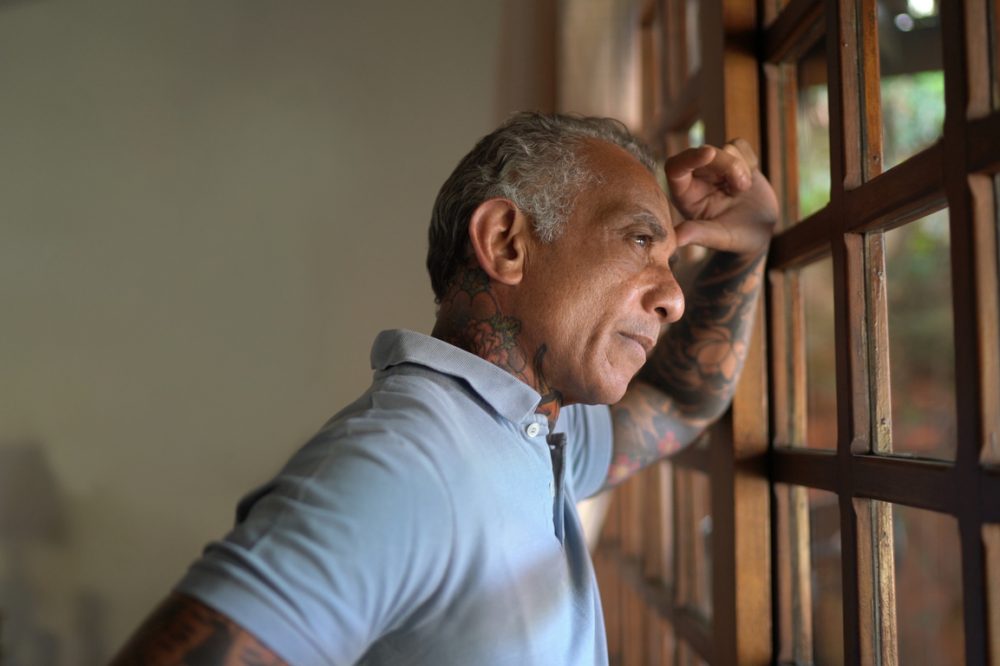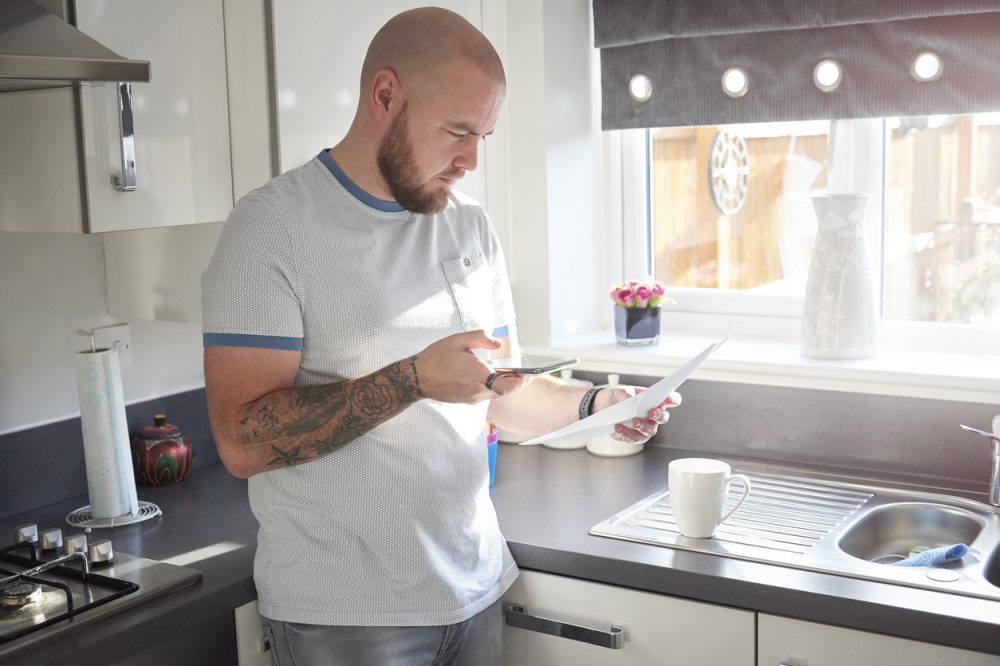Impact of Incarceration on Families
After a family member or loved one is arrested, their households are forced to juggle financial responsibilities, including staggering bills and missing payments.
-
Category:

Key Findings
The Financial Health Network presents a look into 36 justice-involved individuals and their families, focusing on how their financial health affects their ability to navigate the U.S. criminal justice system and re-enter society. Our findings on the impact of incarceration on families include:
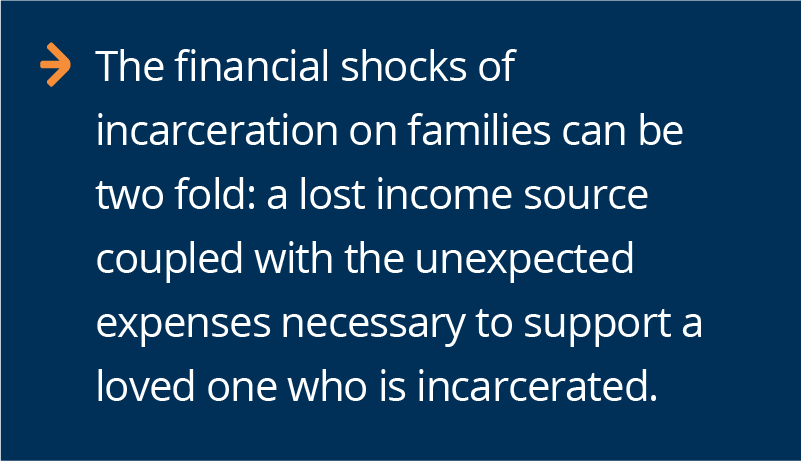

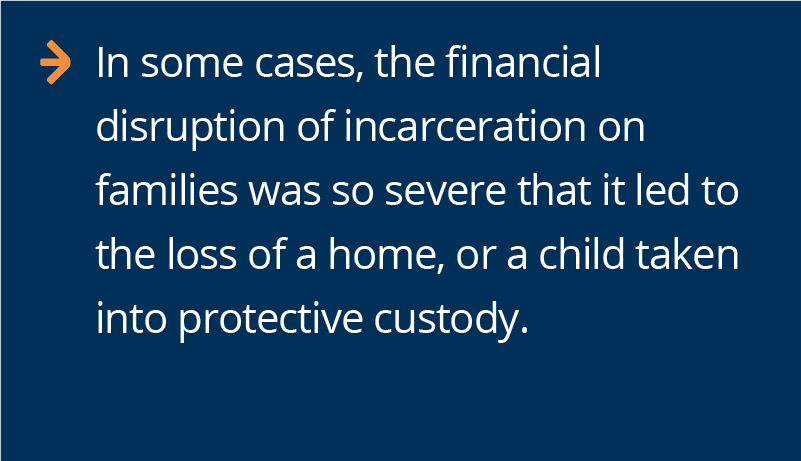
Managing Additional Costs
Many families we interviewed managed additional costs due to their family member’s incarceration.
- One woman took in her teenage grandson in addition to sending $50 a week to her daughter who was incarcerated to use in the commissary.
- Another woman put money on her husband’s commissary account and phone account, sending about $25 weekly. She explained: “It was hard. I was making minimum wage, and so that just didn’t go very far.”
- Some incarcerated individuals received no money for commissary purchases or communications from their families, either because the family could not afford it or because the incarcerated individuals chose not to ask for financial support.
““I didn’t wanna put any financial burden on them. So, I made a couple of collect calls but that was it.”
Short-Term Stays, Long-Term Strains
In our previous report, we found that 53% of individuals who spent time in jail or prison said that, prior to incarceration, they contributed half or more of their household income. Families we interviewed adjusted to the loss of income by cutting back on basic expenses and juggling bills, with many reporting becoming behind on bills, such as rent.
- One father spent 18 days in jail, forcing his son to rely on his siblings to pay the rent.
- One woman explained that, after she was arrested, her sons and mother-in-law, who had been living with her and her husband, moved to an extended family member’s home because they could no longer afford food for themselves.
- One parent spent just two weeks in pretrial detainment before being found not guilty of any charges. During that time, her daughter was taken into child protective services. The parent explained: “It took a couple of months [to get my child back] because they said that I had signed her over, which I didn’t, so I had to fight that in order to let them know, ‘No, I’m not giving you my kid.’” (The parent’s experience is further detailed in Managing the Initial Financial Shock.)
“We lost our house. We lost everything in the house. Basically, when I got out of prison, I had to start all over again.”
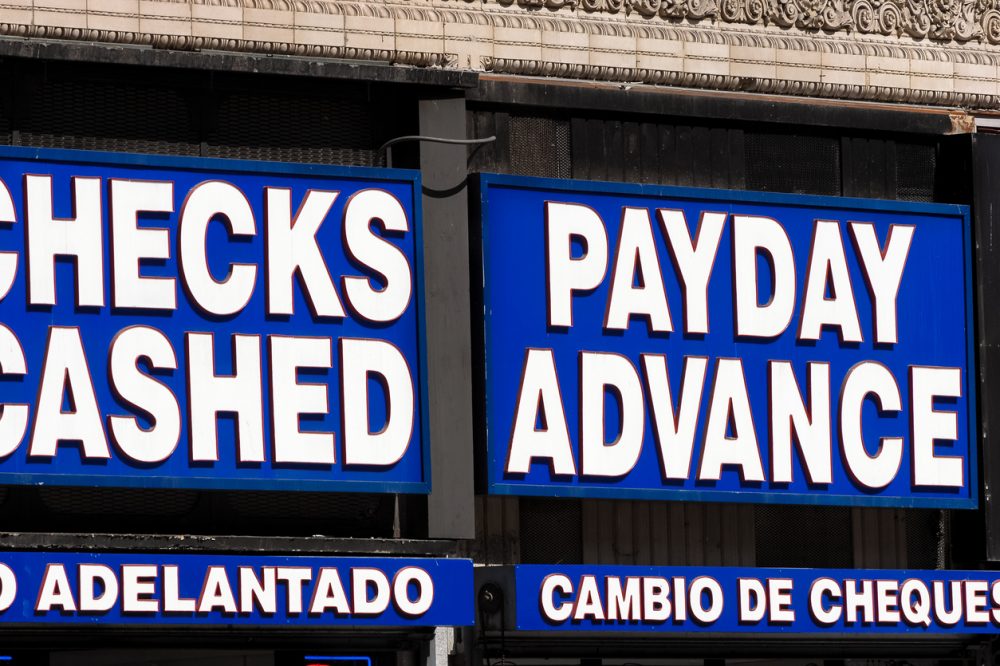
Luz and Simon's Story
“[Payday loans were] very expensive. Those are very hard to get out of.”
When her son Simon went to jail, Luz fell behind on rent and bills, delayed medical care, and developed asthma due to the stress. Prior to his arrest, Simon’s income made up one-third of the household’s total income. With the loss of this income caused by his incarceration, his mother Luz had to make deep cutbacks in spending. Eventually, she took on an additional teaching position and her daughter also got a part-time job to make their bills more manageable during Simon’s incarceration.
Throughout the process, Luz and Simon managed complex financial decisions:
- Luz was behind on rent for about six months, regularly paying each month’s rent a few weeks late.
- Luz put off medical costs, such as dental and prescription eyeglasses, and would postpone purchasing necessary medication.
- Occasionally, Luz received financial support from her parents.
Luz took out six payday loans during Simon’s incarceration and finally paid them off by using a line of credit.
More Stories of Justice-Involved Individuals
Employment Challenges
Once justice-involved individuals re-enter society, there are numerous barriers to gain employment that often force them to make difficult decisions.
Managing the Initial Financial Shock
Justice-involved individuals and their families face a number of expenses that can create financial strains immediately after arrest, including posting bail and hiring legal representation.
Managing Financial Obligations
Once justice-involved individuals are released from jail or court, they are still not released from their financial obligations to the criminal justice system.
Support from Social Networks
Family and friends are a major lifeline for justice-involved individuals, providing support and advice from pre-trial to post-release.
Financial Health and Criminal Justice: The Stories of Justice-Involved Individuals and Their Families
This is one of five areas explored in our report “Financial Health and Criminal Justice.”

